Showing 1-10 of 105 results
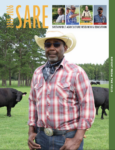
Farmers and Ranchers Are at the Core of SARE’s Research Investments
SARE provides grants directly to producers, which removes the financial risk of testing new ideas for making their operations more profitable, productive and sustainable. And all of SARE’s grant programs require producer engagement throughout their project activities.

Ancestral Mexica Farming: A Comparative Yield Analysis
In north central Kansas, farmers lack a selection of high-quality, nutrient-dense varieties of flour seed corn that meet the needs of local markets. When more nutritious ancestral seed varieties are available, it’s important to understand how to use modern production practices to improve their yield and production efficiency.
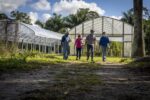
Sustainable Farm Law 101 for Farmers
Farm Commons, a nonprofit based in Minnesota, helps producers build resilient agricultural businesses by training both them and educators in sustainable farm law.
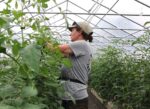
New Video: Learn And Adapt As You Go
Heather and Alby Brandon know that raising nearly 20 acres of mixed fruit and vegetable crops requires constant experimentation and evolution.
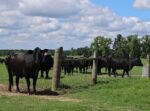
New SARE Video: Build Strong Networks
At HKJ Ranch in Cobbtown, Georgia, fourth-generation cattle farmer Handy Kennedy knows firsthand how critical it is to reach out for support, especially in today’s complex and rapidly changing agricultural landscape.
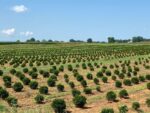
Biofumigants for Sustainable Soilborne Disease Management in Nursery Production
In Tennessee, innovative research into biofumigant cover cropping practices has provided nursery producers with new options for managing diseases while reducing workers’ exposure to chemicals.
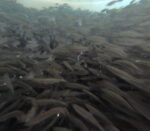
Fish in the Fields: Increasing the Sustainability of Rice Farming Practices
University of Arkansas researchers are partnering with rice farmers in Arkansas to explore co-cultivating fish in flooded rice fields.
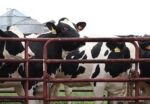
New Video: Navigate Multigenerational Farming With Communication
Working a farm with family can be a gift, and ownership transfer to successive generations requires intentional communication and understanding. At Flat Rock Dairy in Paulding, Ohio, dairy farmer Gretl Schlatter knows just how rewarding and complicated it can be to effectively manage a family business. “Farming is a great blessing and full of challenges,” […]

New Video: Leverage Public Programs for Land and Support
Many beginning farmers find buying land a challenge when they first start their business. At Brandon Family Farm in West Kingston, R.I., Alby and Heather Brandon discuss how public programs and creative partnerships can help grow a thriving business. “You definitely don’t need to own land to start a farm business,” says Alby Brandon, who […]
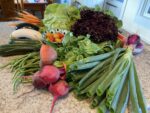
New from SARE: Farmer-to-Farmer Manuals on Specialty Crop Production, Harvest and Storage in the Northeast
The Northeast Crop Production Manual and Northeast Harvest Manual are user-friendly guides offering step-by-step information on growing, harvesting and handling dozens of specialty crops.